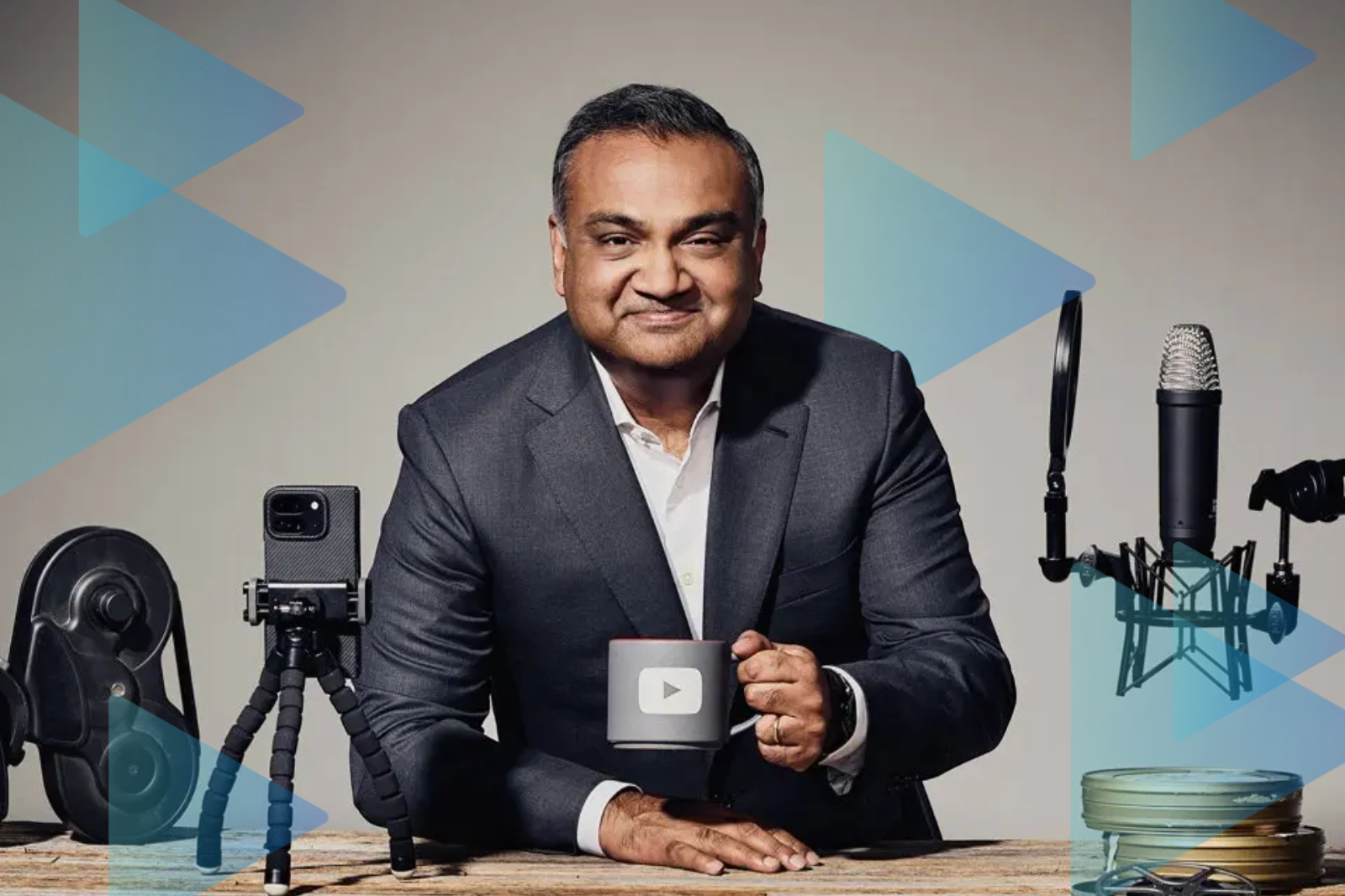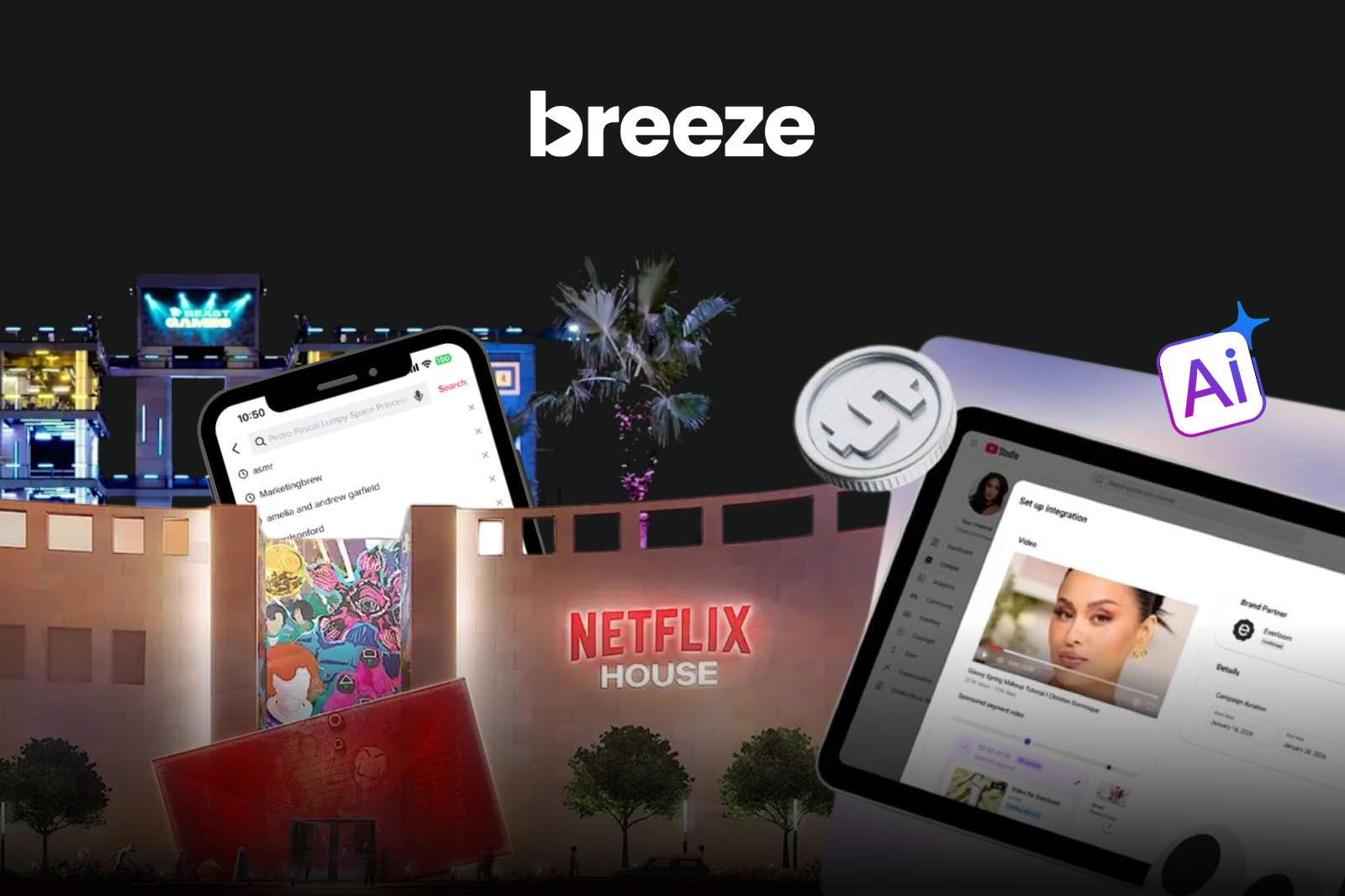.png)
If you’re a creator, choosing between setting up as an LLC (Limited Liability Company) or sticking with a sole proprietorship is more than just a paperwork decision. It affects your taxes, legal protection, and even how brands and sponsors see you. Here’s a quick breakdown to help you navigate the decision:
LLC (Limited Liability Company)
- Protects personal assets from lawsuits or business liabilities.
- Flexible taxes (can be taxed as a sole proprietorship, partnership, S-Corp, or C-Corp).
- Professional image—brands and sponsors tend to take LLCs more seriously.
- Higher costs and more admin, with state fees and extra filings.
Sole Proprietorship
- Simple and inexpensive to start—no need for state registration in most cases.
- Personal and business finances are the same (no asset protection).
- Straightforward taxes—report income on your personal return.
- Higher personal risk if your business runs into legal or financial issues.
Here’s a quick comparison:
How LLCs Work
An LLC creates a legal boundary between you and your business. That means if your channel faces a copyright claim, defamation lawsuit, or brand dispute, your personal savings and home aren’t automatically at risk.
Tax Flexibility
Creators love LLCs because of how adaptable they are for taxes. Depending on your income and setup, you can choose:
Most creators start with the default single-member LLC setup, then switch to an S-Corp when revenue grows. Pro tip: set aside 25–30% of your income for taxes so you’re covered when quarterly payments come around.
Asset Protection
LLCs shield your personal wealth from business liabilities. That’s huge for creators who may face things like: copyright or DMCA claims, contract disputes with brands, or defamation or reputation-related lawsuits.
Business Growth Benefits
An LLC doesn’t just protect you, it helps you grow. Sponsors, partners, and even banks often prefer working with LLCs because it signals you’re serious about your business. That credibility can lead to: bigger brand deals, access to business loans or funding, opportunities to scale your channel.
Practical Considerations
Forming an LLC comes with responsibilities, like: keeping business and personal finances separate, filing state paperwork annually, paying registration and renewal fees (e.g., California charges $800/year). It’s manageable, but requires consistency.
How Sole Proprietorships Work
A sole proprietorship is the default structure for creators—you’re automatically one once you start earning income.
Setup and Structure
Super simple. Use your Social Security number for taxes, or register a DBA (Doing Business As) if you want to operate under a channel name.
Taxes
As a sole proprietor, you’re responsible for:
In 2025, Social Security tax applies to the first $176,100 you earn. The good news? You can deduct 50% of your self-employment tax.
Expenses You Can Deduct
Creators can reduce taxable income by writing off expenses like: equipment (cameras, lights, mics), editing software, home office costs, travel for shoots or brand deals.
Risks
The biggest downside? You’re personally liable for everything. If your channel gets sued or runs into debt, your personal assets are fair game.
When to Switch from Sole Proprietor to LLC
Not every creator needs an LLC right away. But here are signs it might be time:
- You’re earning steady, significant revenue.
- You’re hiring editors, managers, or other team members.
- You’re securing high-value sponsorships.
- You’re diversifying into merch, digital products, or multiple revenue streams.
- You want access to funding or credit.
If your channel is scaling, an LLC offers long-term protection and credibility that sole proprietorships can’t match.
Many creators start out as sole proprietors—fast, easy, and cheap. But once their channel starts pulling in consistent revenue, or they want funding to scale, they usually make the switch to an LLC.
Why? Because it protects their assets, strengthens their brand image, and makes them more attractive to partners and funders (like Breeze). With the right structure plus the right funding, creators can focus on making great content without stressing over risk.








